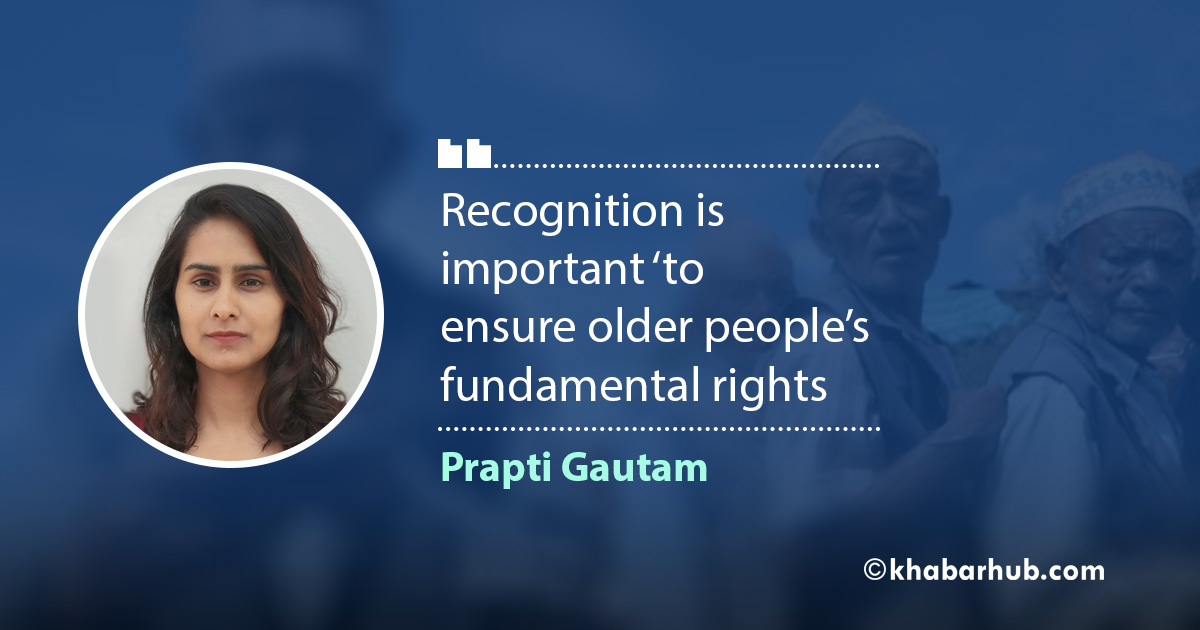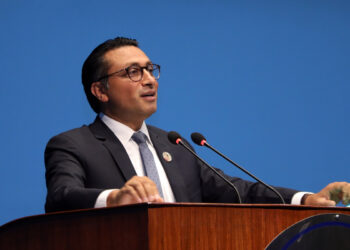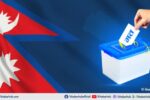Let us begin with what actually autonomy and independence mean. Both autonomy and independence relate to the ability to make choices and to take decisions on one’s own without being pressured and unduly influenced in daily life activities for realizing short term and long term goals. It sets a person free according to his/her likes and dislikes. One moves freely in society to participate in social and cultural functions. Autonomy and independence have a far greater effect on the lives of elders. It not only affects their mental well-being but has serious influences on their health and physical wellbeing.
In order to capture their views on the normative elements of their right to autonomy and independence, a wide consultation program was organized inviting the participation of over 100 senior Nepalese citizens (67 male, 33 female) earlier this year where more than 67 percent were found in one or the other way ‘disabled’ due to age-related ailments. Similar consultations were held in other nine countries spreading across Asia and Africa.
Autonomy and independence are important for their ‘happiness’ and ‘dignity’ as they could be surrounded by loved ones and live without pressure or control from someone else.
A questionnaire was prepared to seek their responses on issues related to autonomy and independence while they are in the fag end of their life. How often do you decide where to live and with whom? As high as 73% of the respondents in Nepal it meant a lot to them regarding freedom to make a decision based on their own will and preferences to choose how to live and with whom. Not less than 70% of them gave high priority to autonomy and independence in their life. Autonomy and independence are important for their ‘happiness’ and ‘dignity’ as they could be surrounded by loved ones and live without pressure or control from someone else.
In the absence of autonomy and independence, they will not be able to get involved in community activities and live with dignity and contribute to society.
Cutting across all the economic backgrounds, it is interesting to note that even senior citizens in Cameroon (central Africa) considered the autonomy and independence in their life very important as the same gave them independence, dignity, confidence, and self-respect. A 65-year-old woman responded, ‘It feels like being in prison when someone controls us’. She is the one, among many, who has been restricted for fairly a long time to make her decisions in life. When the elderly were asked about their autonomy and independence in everyday activities and participation in society, 71% of them said it was very important to carry out everyday activities based on their own will and preferences. Nobody denied the significance of autonomy and independence in their life as it makes them feel ‘responsible’ and ‘active’. In the absence of autonomy and independence, they will not be able to get involved in community activities and live with dignity and contribute to society.
Similarly, making their own decision about their own care and support including planning ahead for future support, no less than 74% said it was very important to them. On the other hand, in Kenya as high as 99% older people, and in Liberia all the participants said it was very important to make their own decisions. They would not have to rely on others or be dependent when they are autonomous and independent in life. They could enjoy their life without restrictions as ‘nobody wants to live under someone’s control’.
The elderly need to make difficult decisions about their care and support. Hence, they require the support of their family or relatives in their decision-making. More than half — that goes to 66%, said that it was very important to have access to support for making a decision about their care and support. Similarly, 91% of them said it was very important to have a trusted person or persons to stay near to them while making decisions about their care and support; a little more than half — 59% of them said it was very important to have the opportunity to issue advance instructions about the kind of medical care or treatment they wanted to receive in the future.
On the contrary, participants in Liberia agreed all those aspects highlighted in the paragraph above were important for them. Yet in Cameroon, 98% said it was very important to have access to support for making a decision about their care and support. Similarly, 99% said it was very important to have a trusted person and to have the opportunity to issue advance instructions about the kind of medical care or treatment they wanted to receive in the future.
Recognition is important ‘to ensure older people’s fundamental right’s because ‘many older people have not got freedom’ and are ‘dominated by family, society, and community’.
‘I can decide for myself without depending on others’, responded an 84-year-old woman when asked about her stake in personal autonomy and independence in palliative administration of the drug. About 56% of the respondents said it was very important to decide for themselves with support if at all it is necessary, the type of palliative care they would receive if they needed it. However, in Liberia all the participants and in Cameroon 97% older people said it was indeed very important.
Recognition is important ‘to ensure older people’s fundamental right’s because ‘many older people have not got freedom’ and are ‘dominated by family, society, and community’. Much more than half of the elderly — 73% of them said it was very important that their government along with the UN officially recognize their rights to live with autonomy and independence. In Kenya, Liberia, and Cameroon, 99% of the elderly in a sample taken said it was important to recognize their rights by the government and the UN. If the recognition of their rights come in their way, it means a lot as they would ‘legally claim their right to palliative care’ and ‘enjoy their freedom to make decisions’ and ‘not depend on others’ to make the decision for them.
It was found that men value their autonomy and independence more than older women do. In Nepal, on average, 90% of men and 60% of women said it was very important or important to them. Similarly, in countries like India, Kenya, Mauritius, Rwanda, and Tanzania it was found that men value their autonomy and independence more than women. Conversely, in countries like Cameroon and Uganda, women value their autonomy and independence more than men. On the other hand, in Liberia men and women value their autonomy and independence equally.
Older people have the right to personal autonomy to make decisions, to determine their life plans and to lead autonomous and independent lives in line with their will and preferences on an equal basis with others. The right to autonomy and independence in older age is not clearly articulated in international human rights law. The right should include a guarantee that older persons are never denied their status as a legitimate holder of a set of rights. It must be included in a new international legal framework which guarantees the right of older persons to autonomy and independence in all aspects of their life. Because, more autonomy a person has, the better off he/she will be and the more empowered he/she feels.









Comment